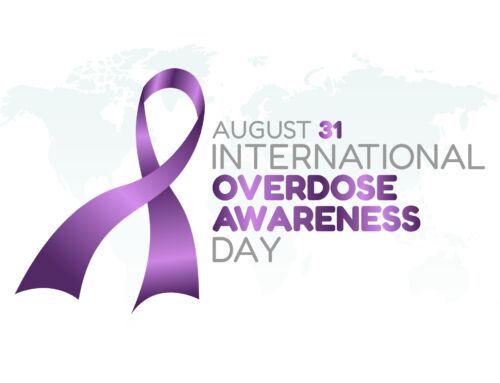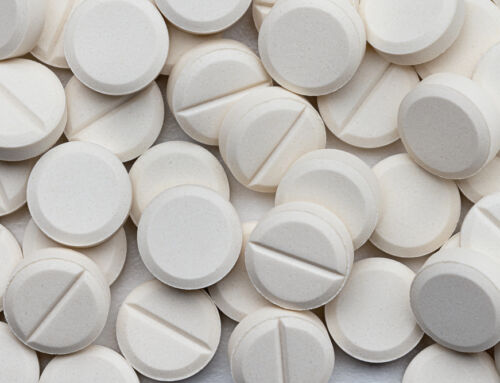A substance use disorder (SUD) is a condition involving behavior and both psychological and physical symptoms, including brain activity, that make it difficult for someone not to use or abuse a substance. It’s also referred to as addiction.
Substance Abuse Disorder: Not Just “a Bad Habit”
A common misconception about addiction is that someone can just quit drugs or alcohol “if they really want to.” But a substance abuse disorder is not just a bad habit that’s kicked with a little more willpower and positive thinking. Addiction is widely recognized as a chronic disease that impacts a person’s brain and behavior. As with any disease, addiction requires professional intervention, a plan of action and ongoing support to manage long-term success with sobriety.
Disorder vs. Recreational Social Use
According to the Substance Abuse and Mental Health Services Administration, substance abuse disorders require distinct criteria for diagnosis. Specifically, they involve repeated use of drugs and/or alcohol that result in substantial impairment. Examples include the inability to function normally at work, school or home, and physical health problems.
One-time experimentation with drugs, therefore, doesn’t create a substance use disorder. However, substance misuse — using drugs or alcohol in an inappropriate or illegal way — is a bad idea on several levels. First, even if you’re just experimenting with something, if it’s illegal, you put yourself at risk of arrest and all the consequences that can come with it. Second, some drugs, such as heroin, have such addictive properties that a single use is enough to put some people on the path to addiction.
With legal substances, such as alcohol, occasional use such as a drink with friends or a nightcap on Friday evenings rarely qualifies as a problem either. In these cases, the person can typically say no to the drink if they want and drinking doesn’t lead to drunkenness or impairment in any area of life.
How Can You Tell When Someone Has a Problem?
There can be a fine line between social drinking and addiction, though. And someone can slip from the bad idea of experimental drug use into the cycle of addiction quickly. While SAMHSA guidelines do indicate that addiction requires an impairment in life functionality, these issues may appear subtle, especially in the beginning. Also, even if someone can maintain a semblance of functionality, it doesn’t mean they don’t need help overcoming their addiction.
Whether you’re the one dealing with addiction or you suspect someone you love might be facing these challenges, here are some signs that a single case or two of substance misuse may progress into a more serious issue.
Signs of Substance Abuse
- Saying no to the substance is nearly impossible.
- Risky actions — especially those that are out of character — are being taken to ensure access to drugs or alcohol.
- The person lies about their use or tries to hide it.
- Changes in interests or not being interested in people and things that used to bring pleasure.
- Unexplained differences in social circles, sleeping habits, appetite or eating habits, performance at work or school or the health of relationships with others.
If you’re struggling with addiction or believe someone else in your life is dealing with a substance use disorder and needs help, contact Greenbranch Recovery to find out about our treatment options or call us at 1-833-272-6246.




